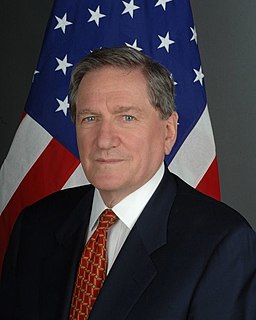A Quote by Otto von Bismarck
Be polite; write diplomatically; even in a declaration of war one observes the rules of politeness.
Quote Topics
Related Quotes
It seems to me an utterly futile task to prescribe rules and limitations for the conduct of war. War is not a game; hence one cannot wage war by rules as one would in playing games. Our fight must be against war itself. The masses of people can most effectively fight the institution of war by establishing an organization for the absolute refusal of military service.
You recalled the 1956 declaration, and this declaration established the rules that should be followed by both sides and that should be put into the foundation of a peace treaty. If you carefully read the text of this document, you will see that the declaration will take effect after we sign a peace treaty and the two islands [Kunashir and Shikotan] are transferred to Japan. It does not say on what terms they should be transferred and what side will exercise sovereignty over them.
The twentieth century had dispensed with the formal declaration of war and introduced the fifth column, sabotage, cold war, and war by proxy, but that was only the begining. Summit meetings for disarmament pursued mutual understanding and a balance of power but were also held to learn the strengths and weaknesses of the enemy. The world of the war-or-peace alternative became a world in which war was peace and peace war.
I was standing next to a famed geo-politician when the first news of the Argentine attack [on the Faulkland Islands] was received, and heard him muse incredulously: "An old-fashioned naval battle. A war between two civilized nations, perhaps with even a declaration of war, and later a peace conference. Wow." No hostages, no nukes, no ideologies, no religious fanaticism; just a fair-and-square war over national interests - hard to believe, in this day and age.









































